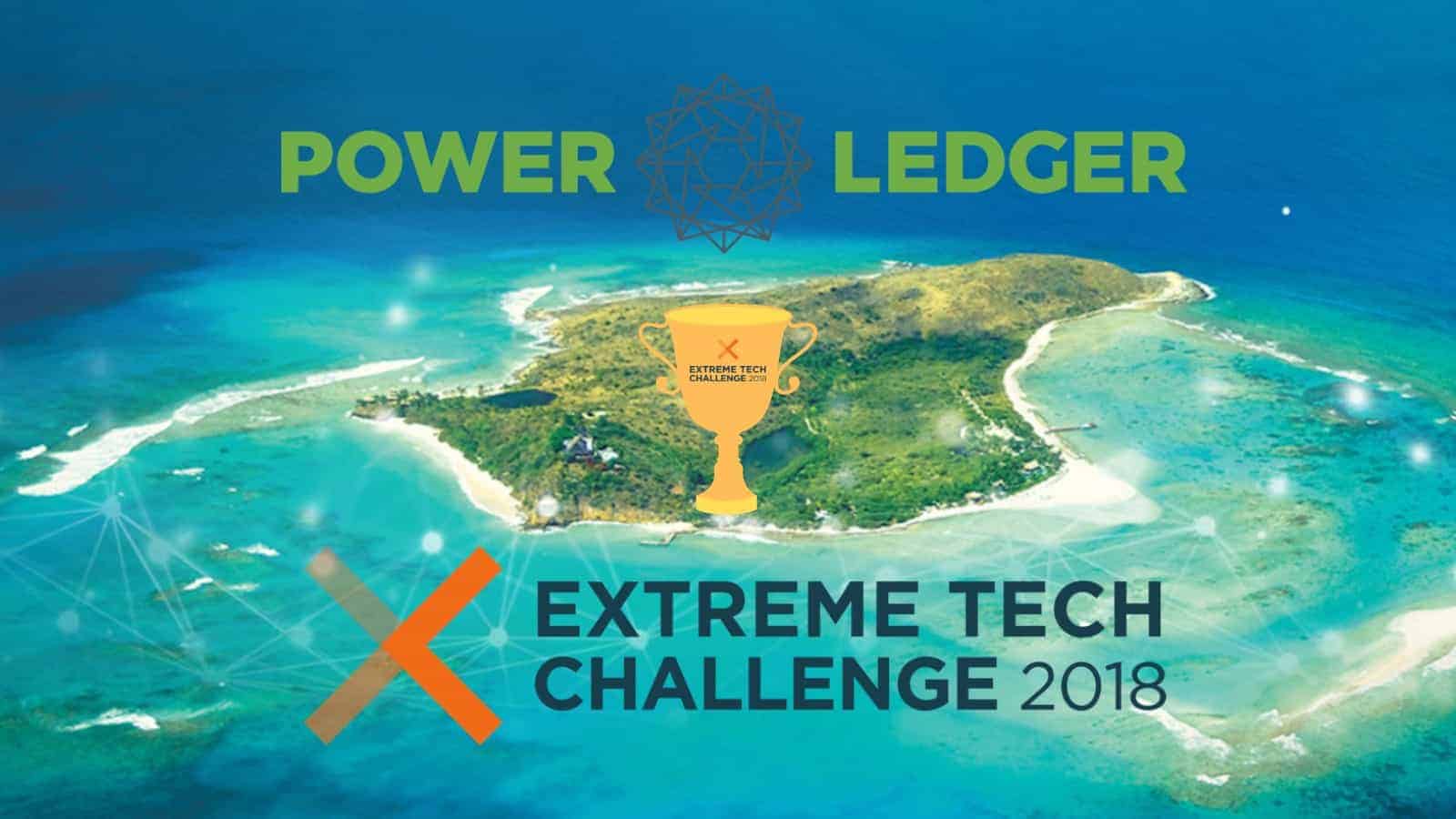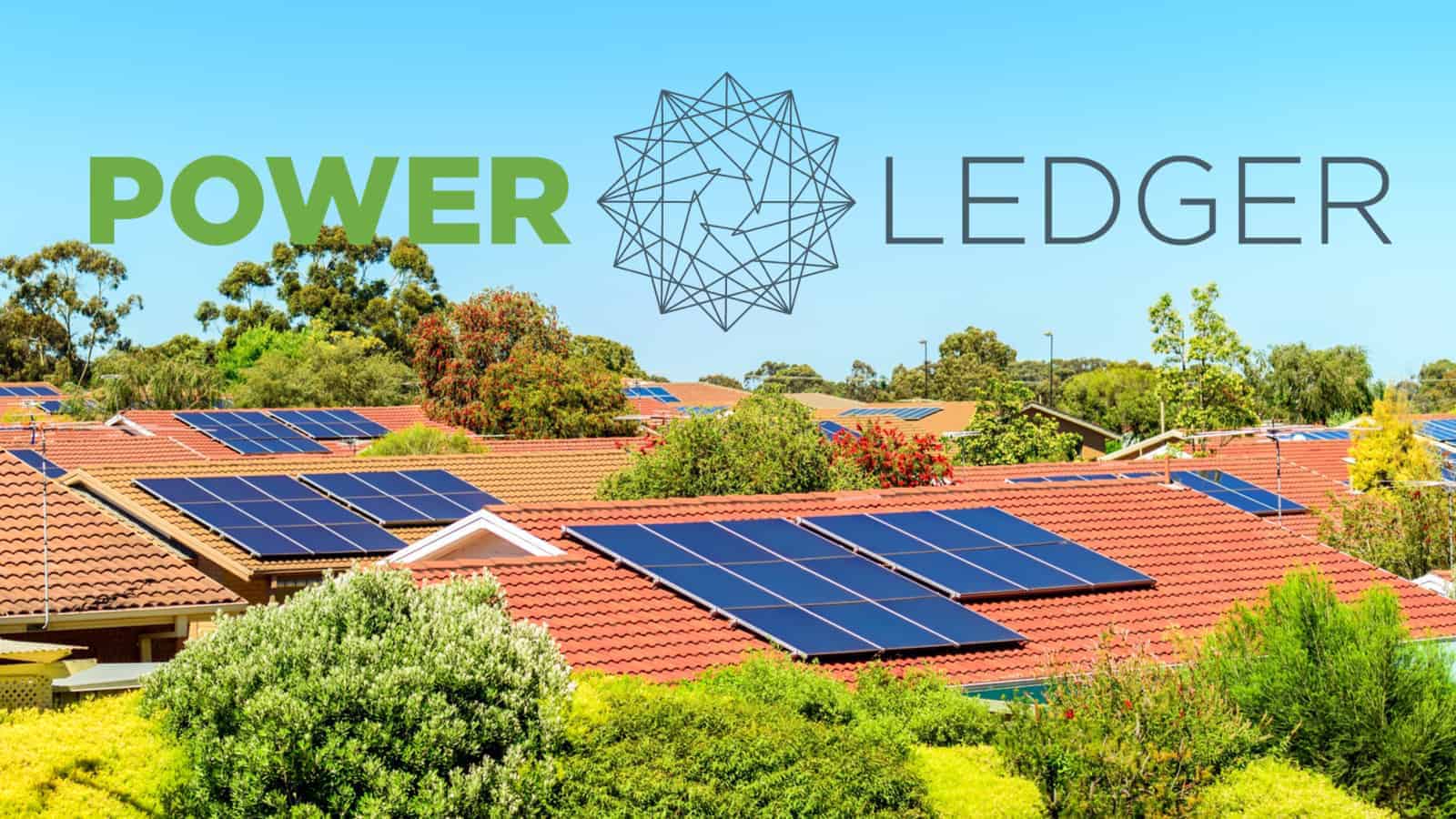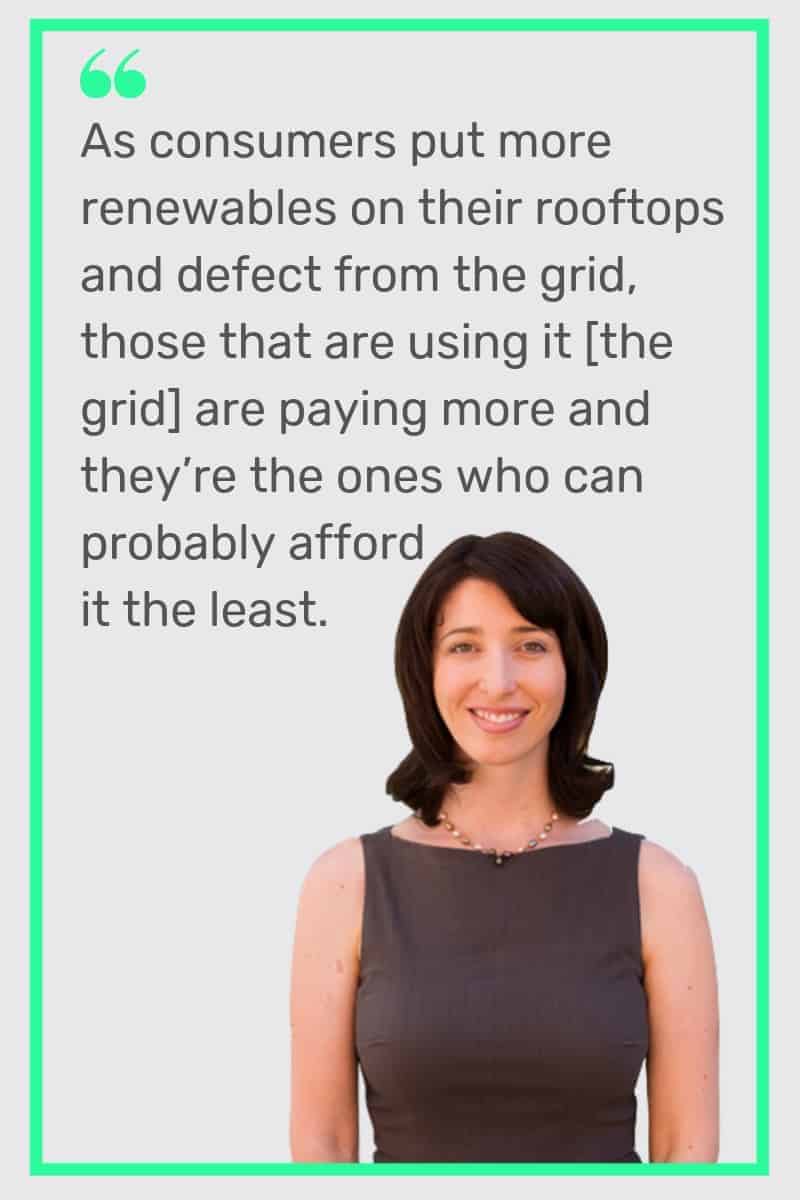

After months of waiting, cryptocurrency company Power Ledger (POWR) just won Sir. Richard Branson’s Extreme Tech Challenge (XTC), an extremely competitive startup competition.
We sat down with co-founder and chairman Dr. Jemma Green to discuss how Power Ledger (POWR) is using cryptocurrency to create an energy marketplace, and what winning Richard Branson’s tech competition means for their company.


Power Ledger is an Australian-based company working to democratize the energy market. In other words, they’ve created a blockchain marketplace on which consumers can trade renewable energy with one another using cryptocurrency.
The way that the energy market is currently structured leaves most consumers with little choice. Dr. Green explained to Blocklr, “As consumers put more renewables on their rooftops and defect from the grid, those that are using it [the grid] are paying more and they’re the ones who can probably afford it the least.”


Add to that that the price of utilities fluctuates based on demand. “We saw this and thought: we would like to create a proper marketplace for electricity and have our consumers participate in the market,” added Dr. Green.
In other words, the Power Ledger system lets consumers buy and sell energy to their neighbors. Not only does this promote the use of renewable energy like solar panels, but it’s cheaper than buying from the grid.
Power Ledger’s energy market exists on their own Ethereum (ETH) blockchain and uses not one but two cryptocurrencies: POWR and Sparkz.
Sparkz is a cryptographic token for exchanging electricity on their platform. POWR essentially functions as a license that allows you to join this peer-to-peer network. It’s also a bond, meaning a way of backing Sparkz if you want to convert it back into fiat. But what determines the price of POWR?
And the more utilities there are allowing their customers to trade peer-to-peer, the more Sparkz they’ll need, which means the more POWR tokens that they’ll need to purchase at escrow, which will constrain the supply of POWR and, ultimately, increase the price.
Anyone can buy/sell Power Ledger (POWR) on secure cryptocurrency exchanges like Binance and Bittrex.
Extreme Tech Challenge, XTC for short, is Virgin Group founder and billionaire Richard Branson’s annual startup competition. Recently, the billionaire’s Virgin Money integrated blockchain tech into its platform, too.
After narrowing down thousands of companies to the top 25, top 5 and top 3, Richard Branson and his team of judges announced the winner on October 19.
The winner of Richard Branson’s Extreme Tech Challenge receives access to high-profile investors, events at the International Consumer Electronics Show, which is the largest tech trade show in the world, and the mentorship of Richard Branson himself.
More broadly, the Extreme Tech Challenge helps the winner scale their company with access to funding and a large business network, according to their mission statement.
After winning Richard Branson’s Extreme Tech Challenge, Power Ledger has unprecedented access to investors and a global platform.
Currently, the startup has projects going across the world, including in the US, Australia, India, Thailand and Japan.
In California, Power Ledger has partnered with Silicon Valley Power on a project related to electric car charging. Specifically, their project rewards users with a token when they charge with solar energy.
They’re also working on a large-scale project with the Thai government. Dr. Green added:
We’ve got six sites [in Thailand], which include a dental hospital, a school and a shopping center that went live last month. That’s peer to peer trading across a regulated 675 kw network. In the next 3 years it’ll go to 12 megawatts.
Following their Extreme Tech Challenge win, Power Ledger will have access to investment, allowing them to further grow their global projects.
By making energy cheaper, greener and more democratic, Power Ledger (POWR) demonstrates how cryptocurrency and blockchain can change industries forever.
Cryptocurrency has come a long way since the inception of Bitcoin in 2009. With the…
Ripple: The Company While people often use the two terms interchangeably, there is a clear…
Learn the differences between Bitcoin vs Bitcoin Cash and why they're important.
Ripple's unique consensus-based protocol for validating transactions allows for super-fast transaction times and low commissions.
A comprehensive list of the 13 crypto exchanges with the lowest fees.
Can Nexo solve some of crypto and finance's biggest problems?